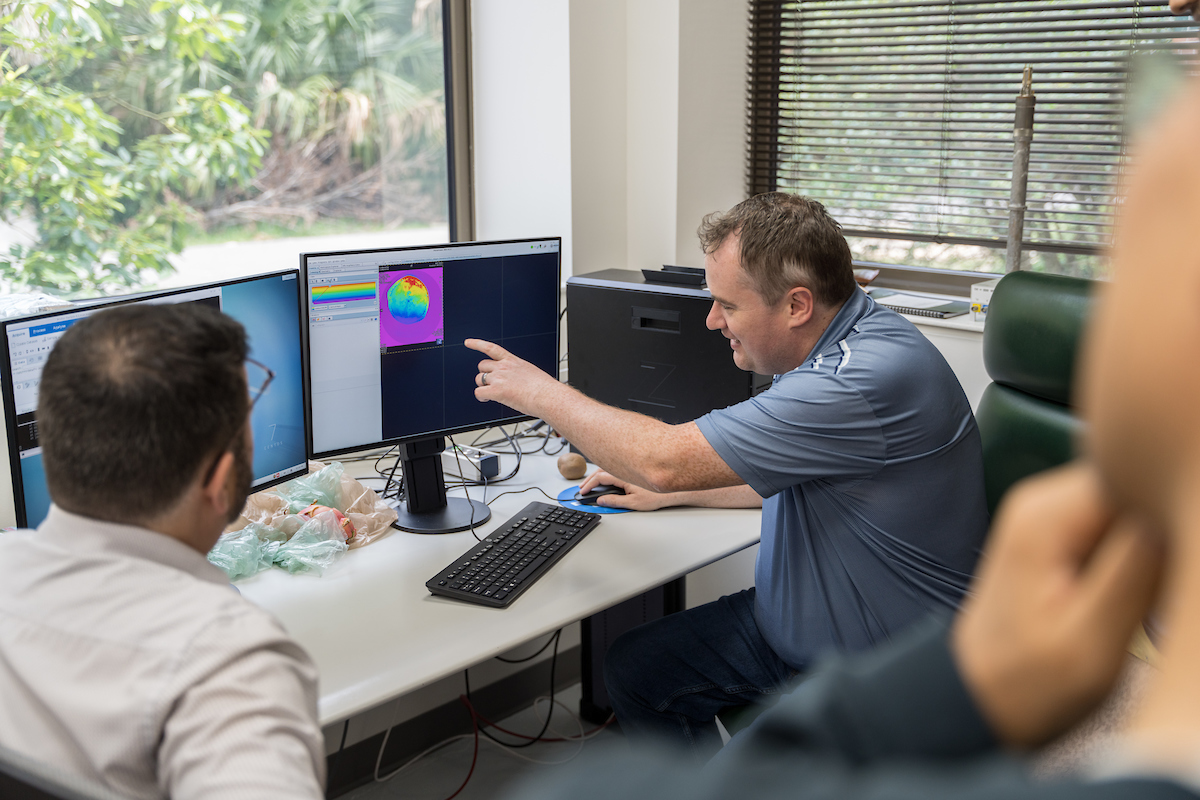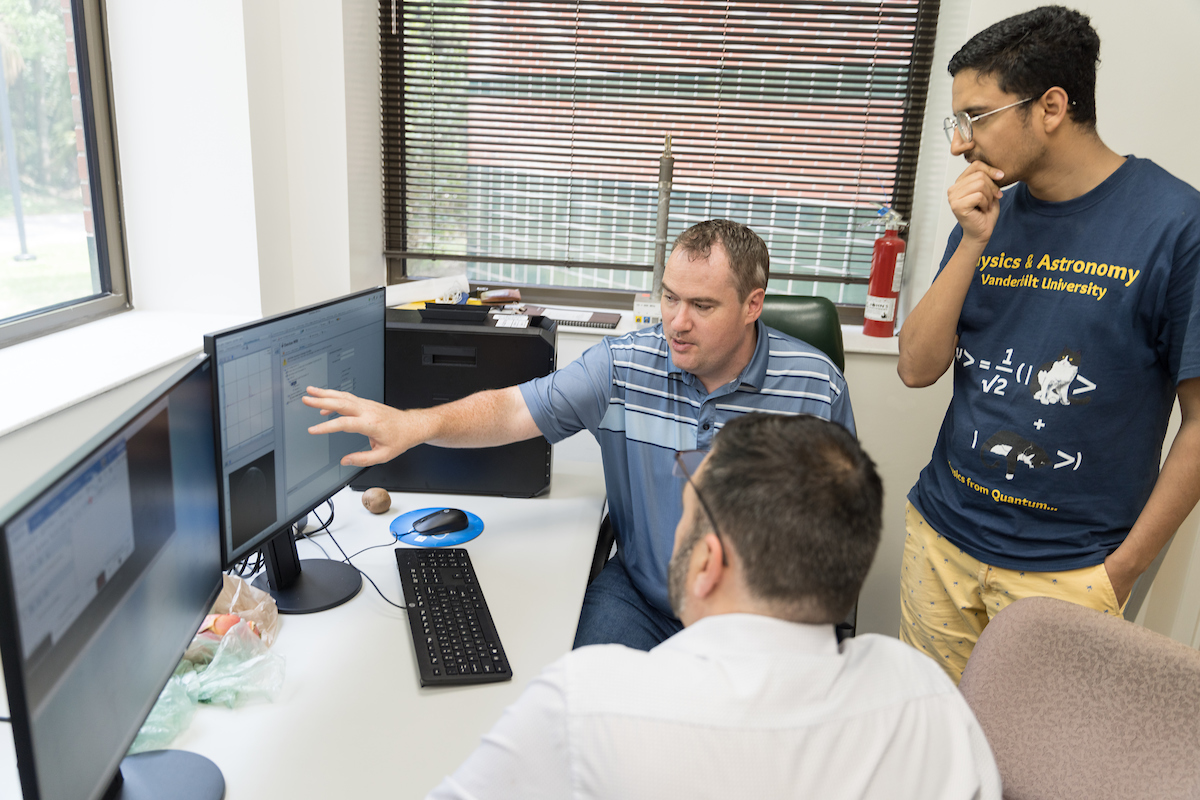By Todd Taylor
Researchers across the University of Florida campus will soon have access to a new, state-of-the-art 7 Tesla MRI/MRS preclinical scanner, funded by a $2 million NIH High End Instrumentation Award.
 The scanner is currently being used for pilot studies and will be available to all researchers beginning June 1. It is housed at UF’s Advanced Magnetic Resonance Imaging and Spectroscopy Facility (AMRIS), located within the McKnight Brain Institute, with full staff support for beginner to expert users.
The scanner is currently being used for pilot studies and will be available to all researchers beginning June 1. It is housed at UF’s Advanced Magnetic Resonance Imaging and Spectroscopy Facility (AMRIS), located within the McKnight Brain Institute, with full staff support for beginner to expert users.
An AMRIS Facility Open House is scheduled from 3-5 p.m. on June 15 and several hands-on workshops will be offered during June and July for researchers to learn how this new instrument can aid their research studies.
A growing number of NIH-supported UF investigators use MRI/MRS for basic and translational research studies into Alzheimer’s disease, cognitive aging, diabetes, fatty liver disease, muscular dystrophy, obesity, Parkinson’s disease and traumatic brain injury. The new scanner will be used for non-invasive examination of anatomy and physiology in preclinical models of both health and disease, such as measuring brain structures and function, monitoring muscle fitness and examining metabolism in vivo.
“Seven T is becoming the standard for biomedical research, offering a range of noninvasive diagnostic tools that MRI and MRS techniques provide,” said Joanna Long, Ph.D., director of AMRIS. “This scanner, with its increased resolution and sensitivity due to the higher magnetic field, will support a growing number of researchers pursuing basic science and translational research initiatives at UF.”
AMRIS currently maintains 12 MRI and NMR instruments for researchers across the UF campus, providing state-of-the-art instrumentation and technical support.





